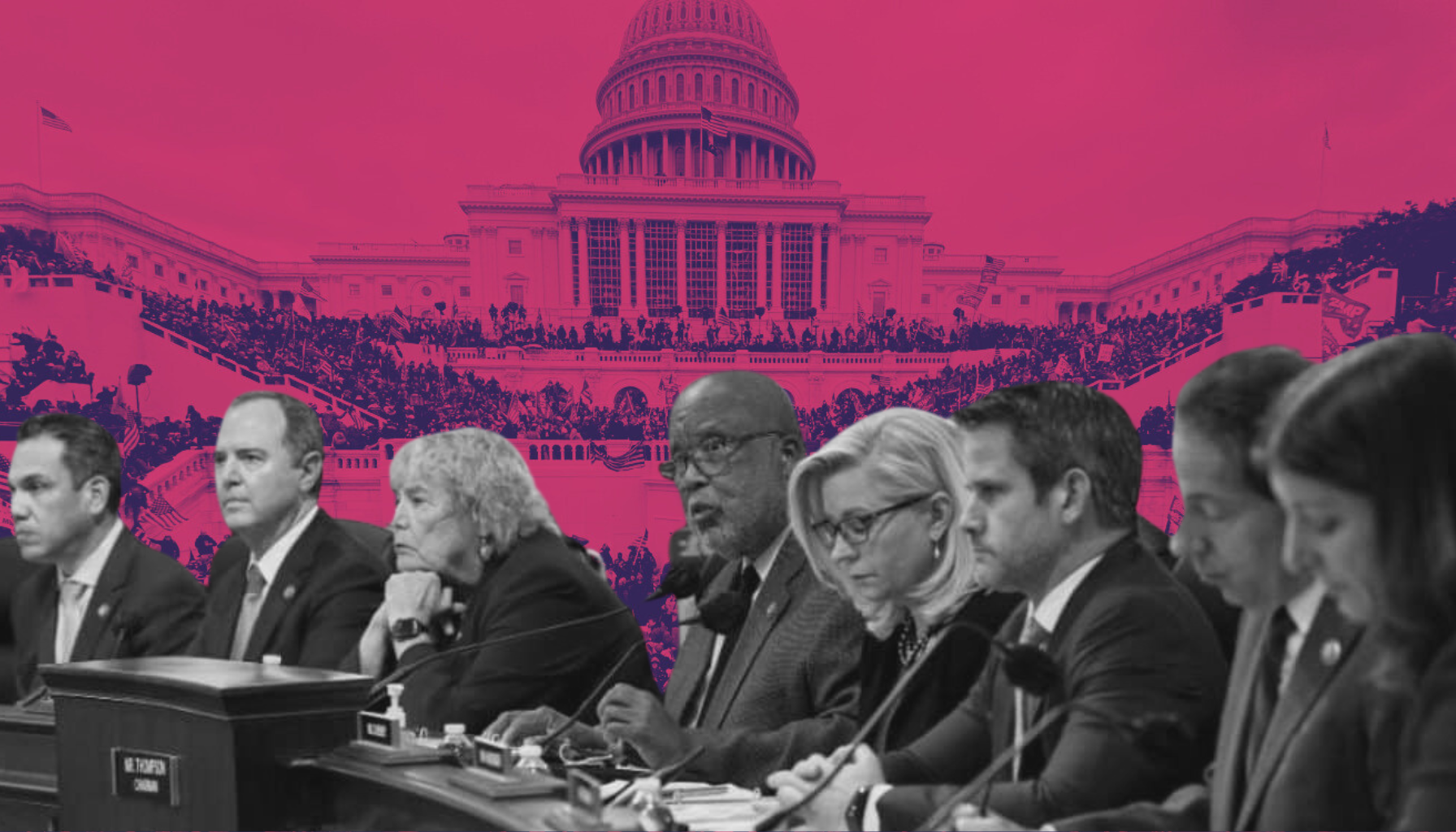
Trump’s Legal Troubles
Trump and his allies have faced numerous investigations and charges. His supporters say these moves were meant to weaken his presidency and stop his political rise.
The FBI used FISA warrants to monitor his adviser Carter Page. These warrants were later shown to have serious mistakes. Reports from the DOJ found at least two lacked probable cause.
Paul Manafort, Michael Flynn, and others close to Trump were also investigated. Supporters have called these probes politically motivated though claims of Trump himself being wiretapped remain unproven.
Trump also has faced felony charges, including accusations of falsifying business records. Some believe these are examples of selective enforcement.
Revenge or Justice
People on one side say Trump’s remarks are just political revenge, while others say it’s about exposing abuse of power. The difference between retaliation and retribution matters.
Retaliation means punishing opponents out of anger or to hurt them. Retribution is about balancing the scales and holding people accountable for actual wrongs.
For many who back Trump, this isn’t about spite. It’s about uncovering what they see as unfair targeting of the former president by a system that has been weaponized against other private citizens in the past as well.
Institutional Trust in Question
The credibility of American institutions is on the line. When actions seem partisan or unfair, it damages the trust people have in government systems.
As much as exposing such corruption may be equivalent to sowing seeds of distrust in our nation’s institutions, ignoring claims of misconduct also adds to public doubts. Transparency then becomes the only way to rebuild faith.
JFK once said, “The very word secrecy is repugnant in a free and open society.” He noted the importance of openness, and transparency in his now immortalized speech.
Kennedy believed that the choices made by a well-informed public was critical to democracy. Without truth there’s no real choice—only control.
Allegations Against the J6 Committee
Critics of the January 6th Committee have made serious claims. They say some testimony was left out on purpose because it didn’t fit the narrative.
Other accusations include failing to explain why National Guard support wasn’t used even after being offered before the Capitol riots and throughout the ordeal.
Some say the committee focused on damaging Trump politically rather than giving the full truth about January 6th. Leaving a trail of broken families, and individuals incarcerated without due process, in the wake of what has been described as a political persecution.
The Need for Truth
Kennedy’s speech reminds us that transparency is essential to democracy. He said, “No President should fear public scrutiny of his program. For from that scrutiny comes understanding, and from that understanding comes support or opposition, and both are necessary.”
Trump’s presidency has definitely faced some of the most intense scrutiny in recent times. This attention hasn’t been limited to him alone. It has extended to his cabinet members, his family, and now even his supporters. While the media, political opponents, and other officials lead the charge.
Is it now time that the public is finally allowed to know what happened on January 6th and the actions of the committee? Are we now allowed to decide for ourselves what to think about the populist movement, the establishment, and Trump’s policy results without the spin of the media or political fervor? Without the unfiltered truth can anyone even make any real decisions about such matters?
What’s Next
Investigating the J6 Committee should be about facts, not revenge. If mistakes were made or laws were broken, those responsible must be held accountable. It is not only right, it should be the American way.
At the same time, Trump’s legal cases and accusations of wrongdoing should be judged fairly. It might seem strange that recently, many of the charges against him have been dropped without prejudice by judges and special prosecutors like Jack Smith. Could it be that they fear what Trump might do as President-Elect? Or is there a bigger risk of the public finding out about a dangerous conflict—a battle between the establishment and those who dare to speak out against its corrupt actions?
This moment may be the ultimate test of whether America’s institutions can apply justice without bias.
Whether people see Trump’s comments as retaliation or retribution will likely depend on the outcome. The real goal should be transparency and fairness, ensuring no one is above the law.
Conclusion
The fight over the J6 Committee is not just about Trump or his critics. It’s about whether Americans can trust their government and its processes.
As Kennedy once said, secrecy undermines democracy. By focusing on truth and accountability, Trump’s actions may actually help to restore faith in the system for many of whom it has felt absent for so long.
Sources:
Disclaimer:
This press release is for informational purposes only and does not constitute financial, legal, or professional advice. The information provided is based on current knowledge and understanding, and while we strive for accuracy, we make no guarantees regarding its completeness or applicability. Parler assumes no responsibility for any actions taken based on this information. For specific advice, please consult a qualified professional.
